Exclusive – Director Christopher Landon Talks Happy Death Day

Who wouldn’t want the opportunity to relive certain days? We could go back and be nicer to someone. We’d have that snappy comeback to a rude person. We’d rethink that outfit, or avoid the bottomless burrito special. But for Tree Gelbman (Jessica Rothe) in the new movie Happy Death Day, the stakes are much, much higher. When she’s murdered one day, fate gives her the opportunity to prevent it… if she can.
Directed by the uber-talented Christopher Landon, what could be a tired cliché turns into something more layered and nuanced – there’s traditional horror tropes for sure, but there’s also comedy, drama, and a touch of mystery. We caught up with Landon at the press junket in Beverly Hills and he told us how the whole thing came together.
Dread Central: This feels so much like your movie, I was surprised to see you’re not credited as the writer – so, how’d it all come together?
Christopher Landon: So the original script for Happy Death Day was written by a guy call Scott Lobdell who’s a comic book writer and I was brought on like eight or nine years ago to rewrite the movie for another director who was attached. I fell in love with the concept and the possibilities of it and for me, there were a few different things I really had to spear heard. I wanted to – in his version of the script, she died pretty much the same way every time, over and over again. And I thought it was a lot more fun for her to try and like escape her own death only to be killed, no matter what and part of that was coming up with some fun ways to kill her – without being gory. And then – it’s PG13 – we used as many bad words as we were allowed to use. And it’s very clinical, the way that it’s broken down. And I wanted also to be a lot of story and that wasn’t in the old version. And part of that was giving Carter, making him that leading man, and I also changed it to her birthday. So we could tie in her back story to her mom, which I thought was really important. Because I felt like, she couldn’t just be a terrible person. She had to be a terrible person because she was hurt, because she was hurting and running away from something. So that was important to me as well.
DC: The heroine is especially important in a movie like this. We have to want to follow the same person through the same day, over and over.
CL: It was difficult and there was a moment there where I thought, I’m not going to find her. Because she is wearing so many hats in the movie, she has to be vulnerable, she has to be strong, and she has to be an unlikeable person who turns into a really likable person and she has to be fearless. So there were so many qualities I was looking for and it started to feel like a unicorn. And then I saw Jessica’s audition – she had taped an audition – and I knew right away. That was it. It was like love at first sight. I was like, she’s perfect! This is gonna be it! And then we ended up Skyping the next day, and we both – it happens sometimes and it’s not often when you meet and actor that you have that immediate – I’ve know you my whole life! And that was how we kind of felt about each other and so I think it allowed for us to establish a really strong bond of trust. From the beginning. And I think that because of that she was really fearless and she kind of threw herself into the role in a way that I’ve never seen anybody do. Because it is hard. She is in every single scene – every scene.
DC: There are a lot of threads here. Was it hard to settle on a tone?
CL: There were a lot of challenges. I mean – you have a situation where the scary premise is already baked in there. The notion of a girl, being trapped in the same day and being murdered by someone wearing a mask, is scary. But I also wanted the movie to have a lighter tone. I didn’t want it to sort of feel like heavy, bogged down, slasher flick. And I wanted people to have a good time and laugh so I think it was just finding the rhythm and the balance of be scary when it feels appropriate and she’s being pursued, and be funny when that is appropriate as well. And I think they complimented each other, the went hand in hand.
DC: Masked killers are a horror film tradition. Creating a new one must be a challenge.
CL: As far as creating the killer, it was super hard, because I think, wherein other movies your killer gets to have more of a personality, via voice. This killer couldn’t have a voice as that would give the game away. And so I really needed to have – I needed and image. I needed a face. I needed a mask that would carry that for me. Tony and I worked really closely together to try and figure that out, and I had done a lot of homework and at the time I was expecting my son, when I was doing my research and I think I had baby on the brain and so I thought a baby would be really cool. Tony Gardner created two prototypes – he created a baby mask, which is the one we ended up with obviously, and then he also created a pig. And even though he created a really unique version of it (the pig), one that I haven’t seen before, it still felt a teeny bit familiar in a way that I didn’t like. The baby just had a weirdness to it and there was something still slightly funny about it too, though. It’s creepy and funny and I think that fits the tone of the movie better.
DC: It would be easy to make caricatures out of the side cast. Like, the sorority girls and guys in the TV series “Scream Queens.”
CL: Part of what I wanted to do was present some of those kind of chirpier, clichéd, college characters, but give them little twists and little spins, and little things that Tree discovers about them, like for example the sorority guy that keeps cornering her and hitting on her, we have this other reveal, that he’s gay. I wanted those things to happen because she would only make those discoveries because she has the advantage of living the same day over and over again. And so there was something really fun about doing that. The casting was really key, even for those roles. Danielle’s a great example. Danielle is played by Rachel Matthews – and she totally nailed her audition and made me laugh so much – she’s very funny. But she also, when we talked about the character, her approach to the character was so interesting because she said, she doesn’t – no one ever thinks they’re a shitty person, that they’re rude, she said that she feels her character is a victim. That no one listens to her, if only they would do what she tells them, they’d be better off, like she always responsible for all these girls and so she fells put upon. And that’s what pushes her to being irritated and snappy. And it was that victim kind of approach to the role that made her so much funnier to me. And more believable, in a bizarre way. And also, it’s fun to play with the – what you expect from a sorority – and while a lot of it is clichéd – I mean, I went and watched all these sorority recruitment videos and it’s staggering – oh my god, it is shocking how much emphasis is put on looks, body – everything is surface appearance. I was really kind of shocked and dismayed by that.
DC: I can only imagine the editing process on a film like this.
CL: It definitely was the hardest part. But it was also – it is the most fun and I was lucky enough to work with Greg Plotkin, who not only have I worked with on three other movies – so we’ve worked together for a really long time. He was the editor on Get Out, he’s an immensely talented guy – and the advantage is – we just have a shorthand. It’s like sitting in a room with an old friend that loves movies the way you do and we both were just kind of dig in and try and figure it out. And you go through all the motions, like it’s very typical, the day I watched my first assembly of the movie, which was very rough, I went home and cried (laughs). Because I was just like “What did I do!?”. And then you just roll up your sleeves and keep working, working, working until you find the movie. And it is true – all movies are made in the editing room, it’s not a joke, it’s the truth.
DC: Even though Tree’s relived day varies as she changes things, it still had to be difficult to keep it feeling fresh and then to keep all the performances in line.
CL: No kidding. So true. But this movie was especially hard because you do have to try and figure out how to be repetitive without feeling repetitive. And that’s a really big challenge. And so a lot of that was stuff that we figured out in the editing room, that we could jump through moments faster and people still understood what we’re seeing and got the point, so that was something Greg was really good about too.
DC: To what do you attribute the enduring fascination of audiences to see movies like Somewhere in Time, Looper, or Edge of Tomorrow… and now, Happy Death Day?
CL: I think because there’s so much wish fulfillment in the concept. I think that part of it is, you know, what are the things that I would do, like I would eat anything I wanted, like all the crazy things that Tree does in our movie, but I also think it’s also the opportunity to right wrongs and I think there’s a big wish fulfillment in that. And that’s another thing I really wanted to explore – if you could go and say you’re sorry to the people that you’ve hurt, if you could go and help someone that you knew was hurting because you missed that, because you just didn’t notice it. It’s this idea of being able to return to moments that you – to opportunities that you missed. And I think that’s why the time warp thing is a lot of fun for people.
Happy Death Day is directed by Christopher Landon, who co-wrote the film with Scott Lobdell. Jessica Rothe headlines the film, which comes out Friday, October 13th.
Synopsis:
A college student (Jessica Rothe, La La Land) relives the day of her murder with both its unexceptional details and terrifying end until she discovers her killer’s identity.
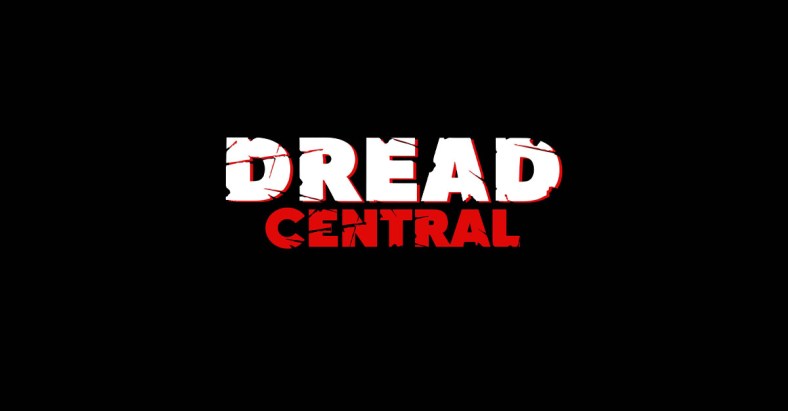
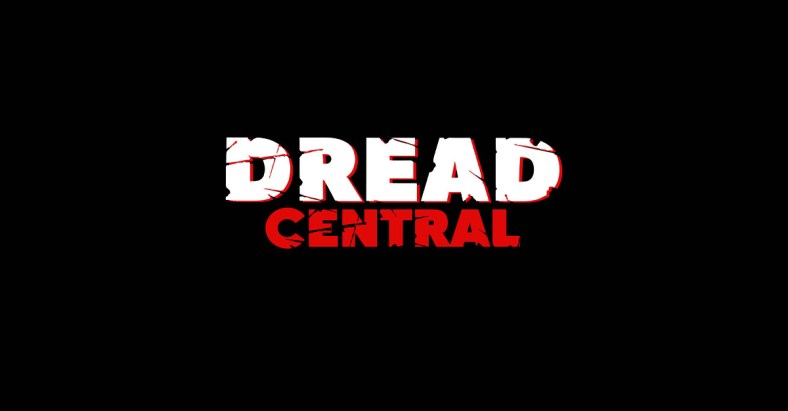
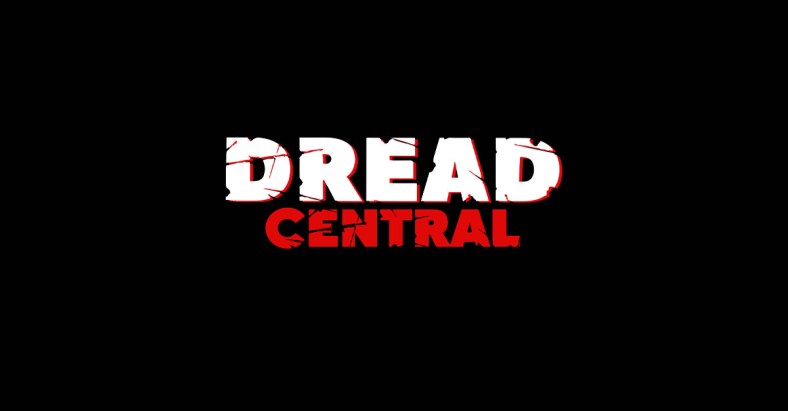
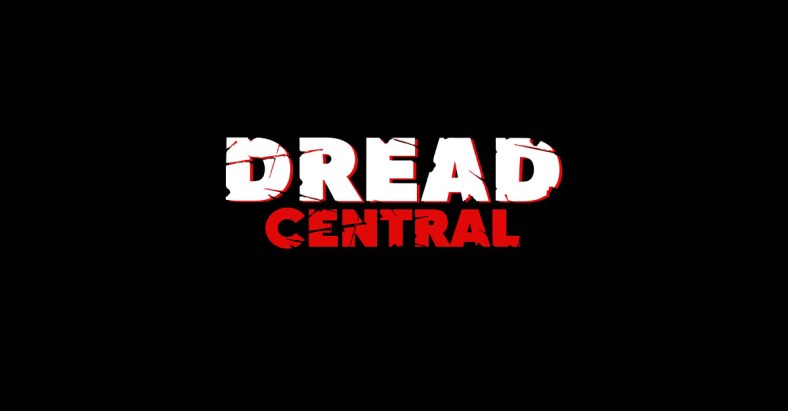
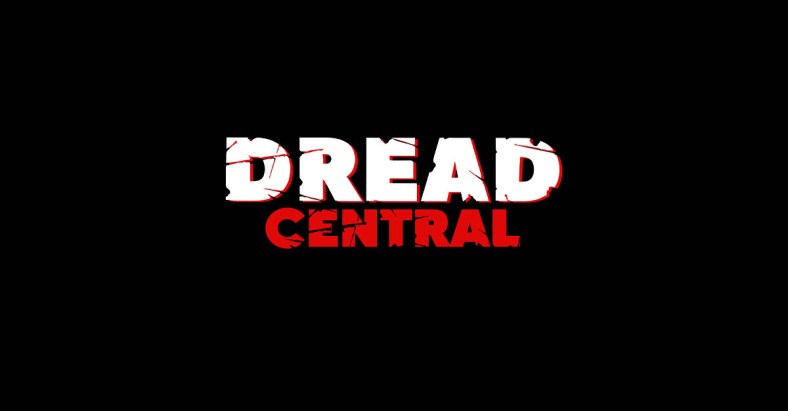
Categorized:News

